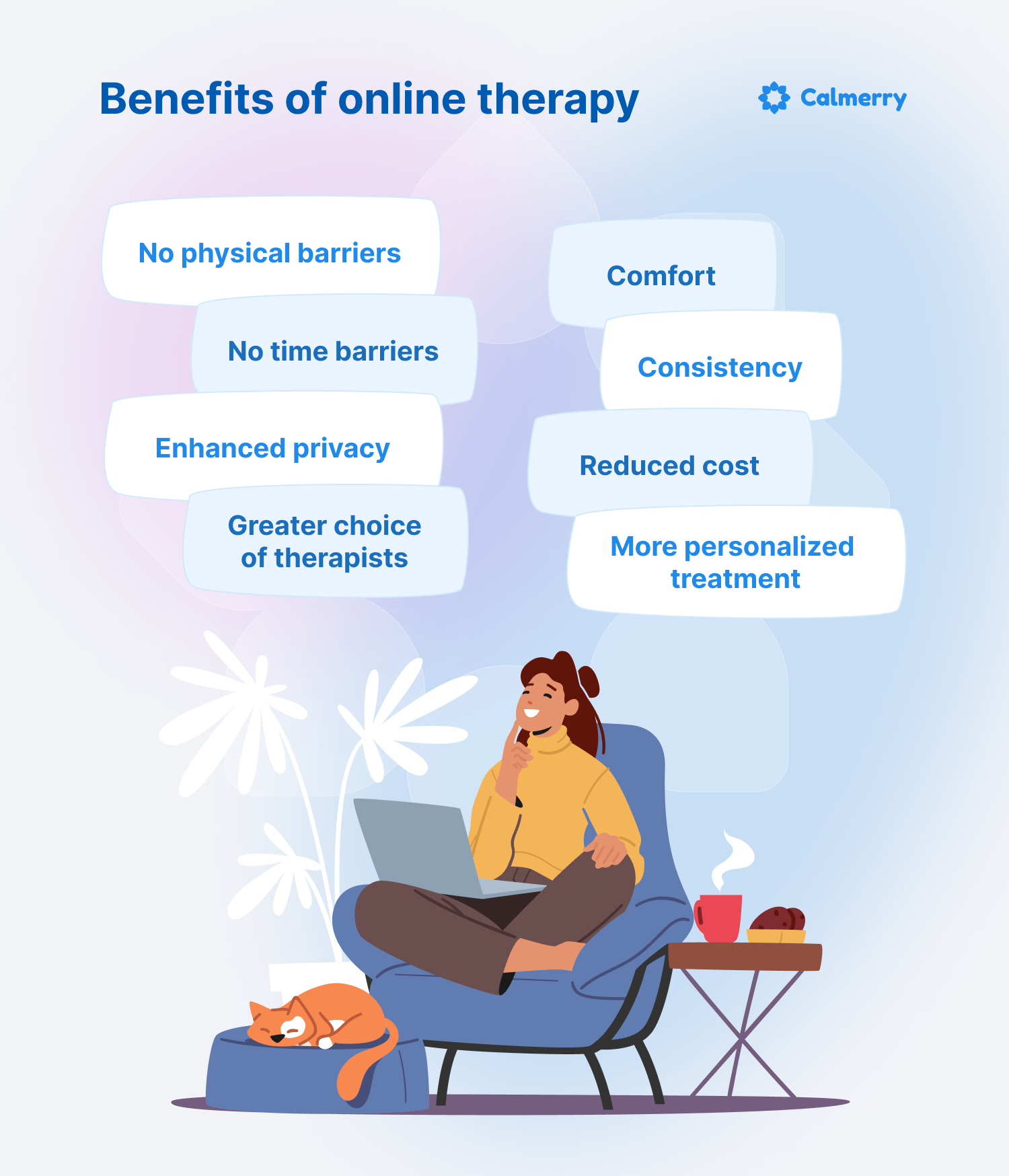Unpacking the Efficiency of EMDR Therapy for Stress And Anxiety Relief
As the frequency of stress and anxiety problems remains to climb, checking out reliable therapeutic interventions is paramount. Eye Motion Desensitization and Reprocessing (EMDR) therapy has amassed attention for its supposed efficacy in relieving stress and anxiety symptoms. Among the growing rate of interest in EMDR, questions linger concerning its true efficiency and the devices through which it operates. By taking a look at the detailed interplay between EMDR and stress and anxiety alleviation, we may discover useful understandings right into the potential of this therapeutic technique. Keep tuned as we study the subtleties of EMDR therapy in the context of anxiety management, clarifying its guarantee and limitations.
Background of EMDR Treatment
Initially created in the late 1980s by psychologist Francine Shapiro, Eye Movement Desensitization and Reprocessing (EMDR) therapy has since obtained acknowledgment as an efficient treatment for numerous psychological health problems. Shapiro's exploration of EMDR was serendipitous, as she discovered that certain eye activities seemed to reduce the strength of negative ideas and emotions. This observation caused the methodical growth of EMDR as an organized therapy technique.
EMDR is established on the concept that stressful memories are inadequately refined and stored in the mind, resulting in the growth of mental concerns. The therapy intends to assist in the reprocessing of these memories, making them much less disturbing and aiding individuals to incorporate them much more adaptively. Via a series of standard protocols, including reciprocal stimulation such as eye activities or taps, EMDR guides people through the handling of traumatic experiences.
For many years, EMDR has progressed from its first concentrate on dealing with post-traumatic stress condition (PTSD) to resolving a variety of psychological health conditions, consisting of anxiousness, depression, fears, and a lot more. Its effectiveness and efficiency have made it a beneficial tool in the therapeutic landscape.
Comprehending Anxiousness and EMDR
Shapiro's groundbreaking development of Eye Movement Desensitization and Reprocessing (EMDR) therapy not only reinvented the therapy of trauma however likewise led the method for a much deeper understanding of just how EMDR can effectively reduce stress and anxiety signs in people. Stress and anxiety conditions encompass a series of problems identified by excessive worry, fear, and apprehension, frequently resulting in considerable distress and disability in everyday functioning. EMDR therapy targets distressing memories and negative beliefs that add to anxiousness, making use of reciprocal excitement to assist in the processing of these published here experiences. By engaging the brain's all-natural recovery devices with directed eye motions or other forms of reciprocal excitement, EMDR assists individuals recycle stressful memories, minimize emotional reactivity, and create flexible coping systems. Research studies have revealed encouraging lead to using EMDR for numerous anxiousness conditions, such as generalized anxiousness condition, social stress and anxiety disorder, and panic attack, highlighting its effectiveness in reducing anxiety signs and symptoms and enhancing overall health.
Effectiveness of EMDR for Stress And Anxiety
Study searchings More hints for have actually continually shown the performance of Eye Activity Desensitization and Reprocessing (EMDR) treatment in reducing anxiety signs throughout various stress and anxiety conditions. Research studies have shown that EMDR is especially beneficial for people with post-traumatic anxiety disorder (PTSD), generalized anxiety condition (GAD), anxieties, panic attack, and social anxiety disorder. EMDR's efficiency in treating stress and anxiety is credited to its unique approach of targeting upsetting memories or experiences that contribute to the advancement and upkeep of stress and anxiety signs.
A meta-analysis released in the Journal of Anxiousness, Stress and anxiety & Coping located that EMDR significantly reduced anxiety symptoms compared to control conditions, with the results lasting over time. Moreover, EMDR has been revealed to be as reliable as cognitive-behavioral treatment (CBT) in minimizing stress and anxiety signs, with some research studies suggesting that EMDR may lead to much faster renovations for particular people.
Neurobiological Mechanisms of EMDR
The efficacy of Eye Activity Desensitization and Reprocessing (EMDR) for stress and anxiety relief has actually led scientists to examine the neurobiological devices underlying its healing impacts. One proposed neurobiological description for exactly how EMDR functions includes the concept of memory reconsolidation. Throughout EMDR therapy, the reciprocal excitement, such as eye movements or faucets, may turn on the brain's data processing mechanisms, bring about the reconsolidation of distressing memories. This process is believed to help with the combination of stressful memories with adaptive details, thus lowering the emotional cost related to the traumatic event.
Moreover, research studies making use of neuroimaging techniques have revealed that EMDR treatment can result in modifications in mind activity, especially in areas associated with emotional handling and memory, such as the amygdala and hippocampus. virtual therapist houston. These neurobiological modifications might add to the observed reductions in anxiety signs complying with EMDR therapy. More research is needed to completely clarify the specific neurobiological mechanisms with which EMDR applies its healing results on anxiousness
Implementing EMDR Techniques

Therapists customize the EMDR technique to suit specific requirements, considering factors like the nature of the anxiousness, personal background, and customer preferences. By masterfully carrying out EMDR techniques, specialists can help customers in easing stress and anxiety symptoms and cultivating psychological health.
Final Thought

Comments on “Browsing Life's Difficulties: Online Therapy Houston Offers Support”